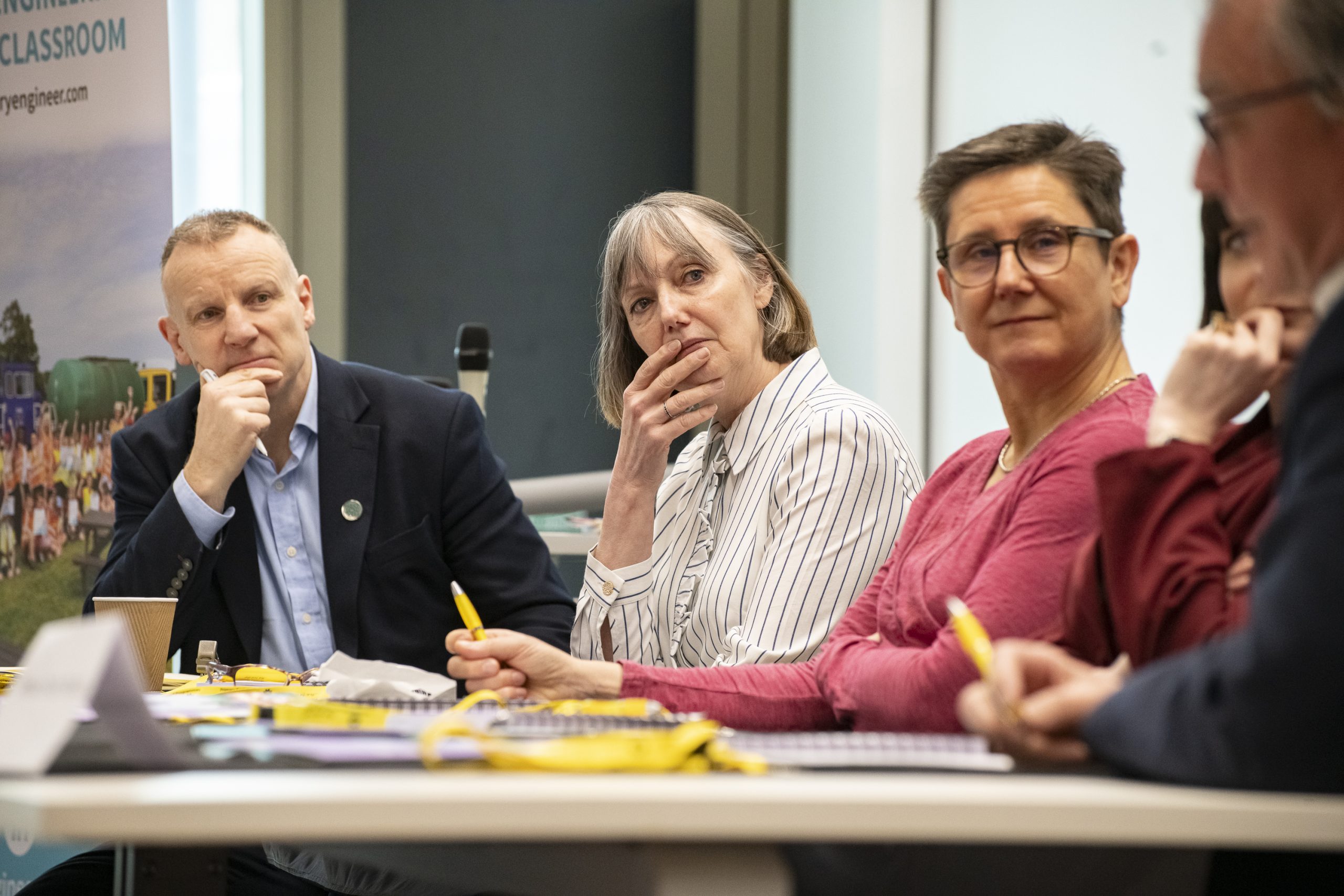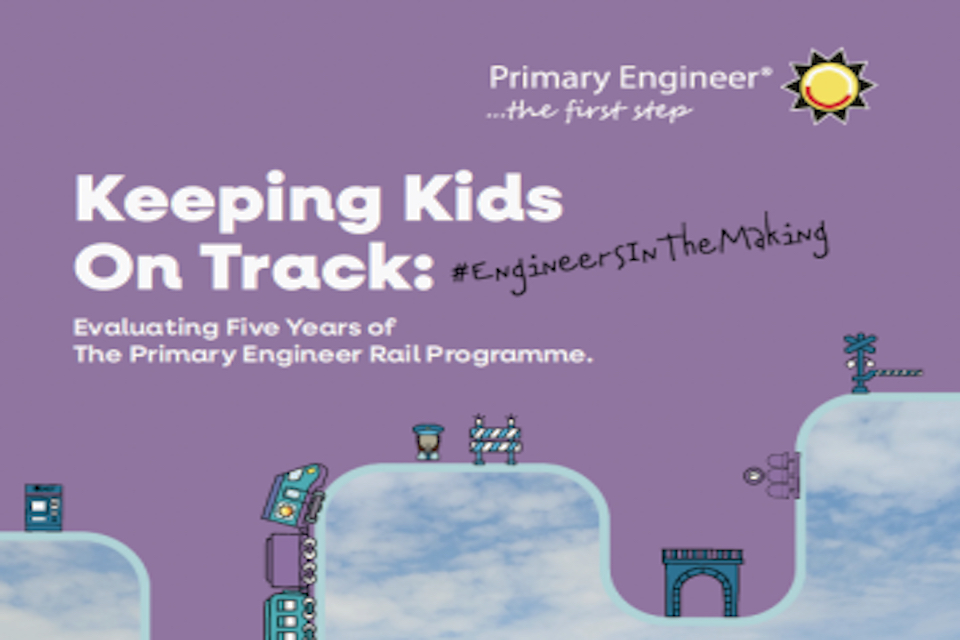The engineering faculty at Edinburgh University is one of the leading sources of graduate talent in the UK. In late April, the school hosted a seminar specifically addressing future recruitment into the rail industry. However, the target audience was not quite ready to start their doctorate studies. In fact, the audience for the interactive welcome was at a rather early part of their academic journey. For the purposes of Primary Engineer, primary school is exactly where the journey starts.
Britain has a shortfall of talent in science, technology, engineering and maths. It’s a critical situation, not least for the future of the railway. A five-year old organisation with engineering recruitment at its heart is addressing that problem. Their event in Edinburgh this week was part of a programme designed to meet the problem at an early age. Every schoolchild gets excited about a day in the science lab. They all also, at some time, entertain the idea of becoming a train driver one day. Primary Engineer is doing the digital academic coupling to join those two enthusiasms. They want to start the train rolling on a new generation of railway engineers.
Introducing school-age children to the space-age railway
Demand for engineering talent is extremely high. Only medical students are in higher demand from recruiters, seeking new talent. The development of the UK economy has placed a bounty on the head of every willing student. However, traditional industries, such as the railways, have tended to be neglected as career paths. The organisers of this week’s event in Edinburgh were eager to stress that the railways are very much part of that ‘sunrise’ culture. Primary Engineer says there is a need to address recruitment policies, if the rail industry is to continue playing a leading global role.

Scott Dalgleish, the organiser of the event, agreed that recruitment into engineering roles was a critical path for the future of the railways. However, Wednesday’s event was truly grass roots, bringing primary school children into the space-age surroundings of Edinburgh University’s engineering faculty. “Most career and education initiatives are aimed at teenagers, which is arguably too late”, says Scott Dalgleish. “The reason why Primary Engineer has engaged directly with primary school pupils is to ensure a pipeline of diverse talent.”
Need for talented engineering will continue to grow
Before spending a day with aspiring engineers of the future, the grown-ups had a briefing seminar. They aired views and discussed how skills could be passed on to the coming generations. Panelist Lydia Fairman, head of skills development for Network Rail (the infrastructure management agency for Great Britain) agreed that a throughput of engineering recruitment was critical for the British railway industry. She assured the seminar that even when Network Rail is superseded by the new, overarching Great British Railways management agency, engineering recruitment into the rail industry will remain central to their efforts.

The need for talented, well-developed engineering recruits will continue to grow. Louise Shaw is head of procurement for Transport Scotland, the Scottish Government agency with responsibility across the entire portfolio of passenger and freight infrastructure and operations. She agreed that adult outreach is very well developed, and that engineering communication often turns to the railways to reach out to the public at large. However, she emphasised the continued need to address engineering opportunities to those at the beginning of their academic journey. “A train is now an internet on wheels”, she said. “There is so much engineering opportunity within the rail industry to move around and contribute in a meaningful way”.
The modern railway is already more than a generation away from the sooty, grimy, coal driven Victorian legacy. That railway took an army of hard labourers to keep running. Those iron-hard (mainly) men of bygone years may scoff, and consider the modern railway so comfortable that even a seven year old could run it. Thankfully, Primary Engineer and a host of other initiatives are encouraging seven-year-olds to do just that.